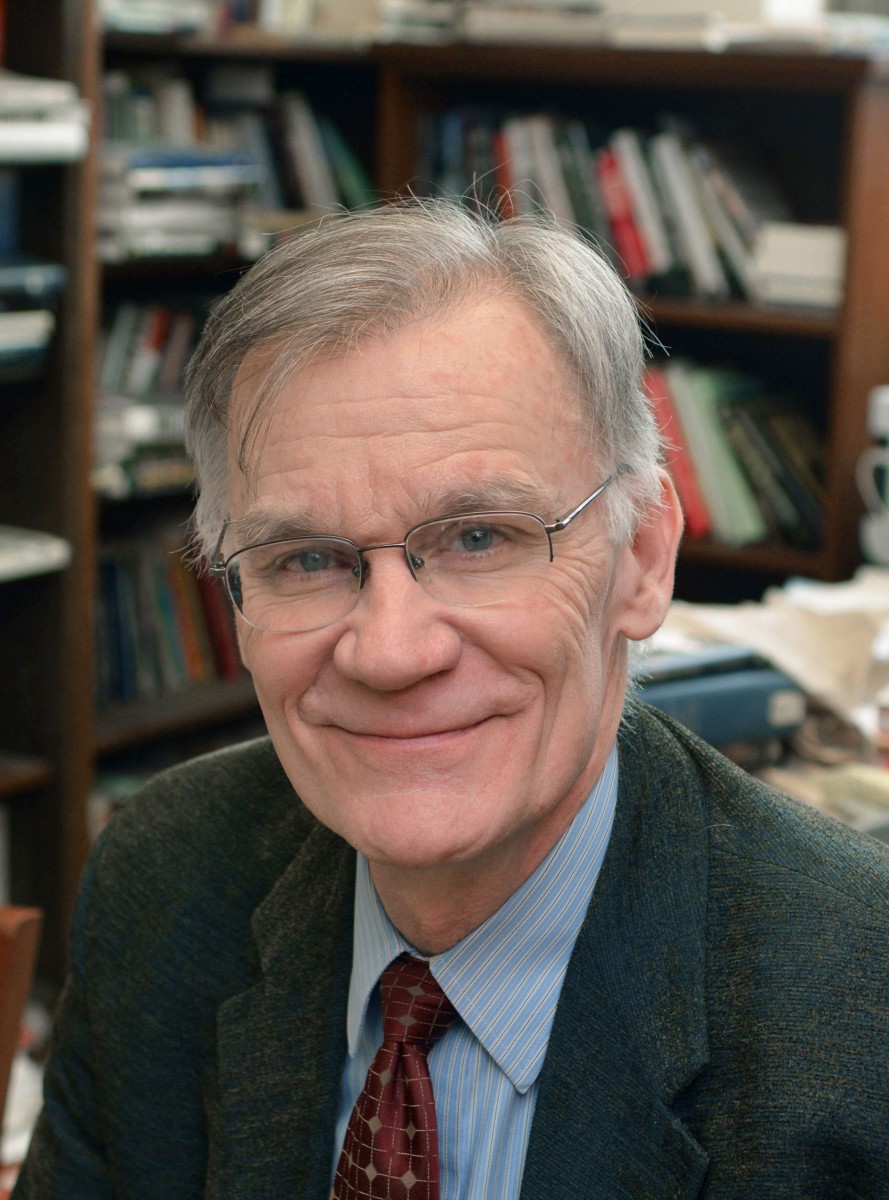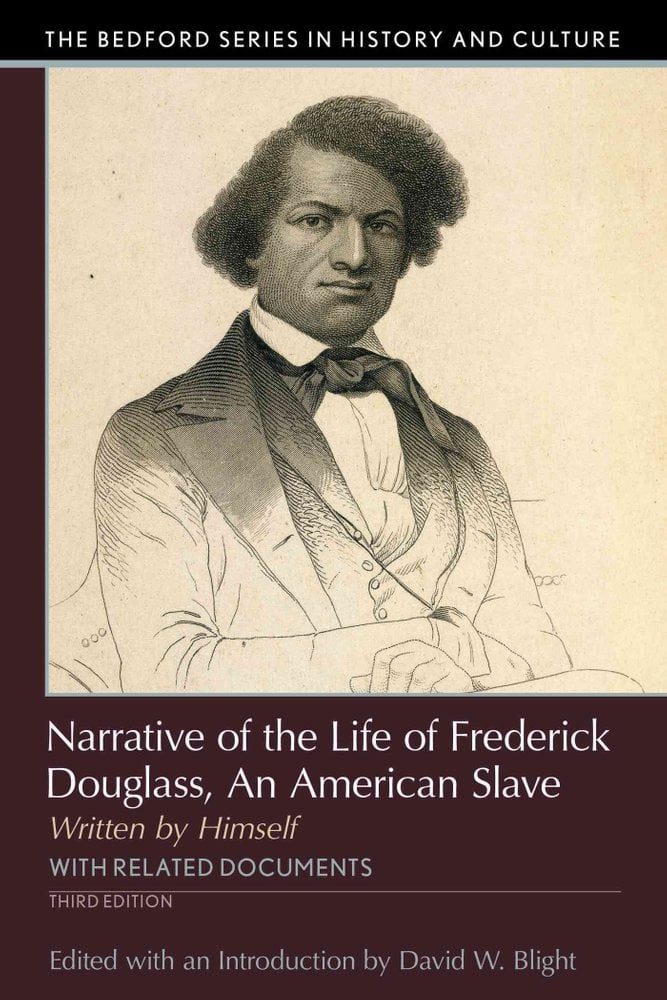
Over the past two decades, Blight has contributed at least three substantial volumes that advance our knowledge about why we (whoever “we” are) probably think of the Civil War as we do: The study of “historical memory” is a subset of what’s termed “intellectual history.” Rather than stressing abstract ideas, as intellectual history does, though, “historical memory” focuses on context: what made Southerners understand the causes of the Civil War one way and Northerners another, and how did those understandings shape their approaches to the subject in subsequent historical periods? Both camps begin with the same set of facts, yet, in trying to make sense of the past, each side selects certain facts to use and emphasize while ignoring or discarding others that don’t fit their preconceptions.Ī master of the “Civil War Memory” school of interpretation is David W.


Once more, we are immersed in trying to separate facts from interpretations.Ī significant response to this controversy has been the rise of what’s known as the study of “Civil War Memory.” Historians of “Civil War Memory” set aside the “who shot John?” aspects of the war and concentrate instead on explaining what Northerners and Southerners remember about the conflict and, more significantly, why they remember it that way. The obvious answer to their question is that social, political, economic, and cultural factors coalesced over the last quarter of the nineteenth century to undercut the primacy of the slavery question as the key factor in bringing on the conflict. Instead, historians have struggled to explain why that, to them, incontrovertible fact has still not swept all before it. No longer do most historians hammer away at what they see as an obvious fact, one not worth debating: slavery was the primary cause of the War. Over the last two decades or so, the study of the Civil War and its significance for the American story has undergone a sea change.

]įrederick Douglass: Prophet of Freedom, by David W. Blight’s Frederick Douglass: Prophet of Freedom, and I just came across a couple of passages near the end of the volume that explain what the “Lost Cause” entailed, and, more importantly in my view, how the most prominent African American of the Antebellum, Civil War, and Reconstruction eras, Frederick Douglass, responded to this effort to obscure the importance of slavery in bringing on the war and obfuscate what was behind the whole “Lost Cause” business. Or, as I used to tell my Advanced Placement United States History students, “The South lost the war but won the peace.”Ĭurrently, I’m reading David W. One current effort to place such things into context involves trying to explain to modern-day Americans what the “Lost Cause” was, a successful endeavor by Southern apologists to “prettify” the history of slavery and the Confederacy and, at the same time, implicitly to denigrate the history of the Union side in the Civil War.

[Note: Here we are near the end of the second decade of the twentieth-first century, and we as a nation are still arguing about statues to Confederate leaders, generic marble remembrances of the “Confederate Soldier,” and other public efforts to recognize the losing side in the American Civil War, the central cause of which was slavery.


 0 kommentar(er)
0 kommentar(er)
